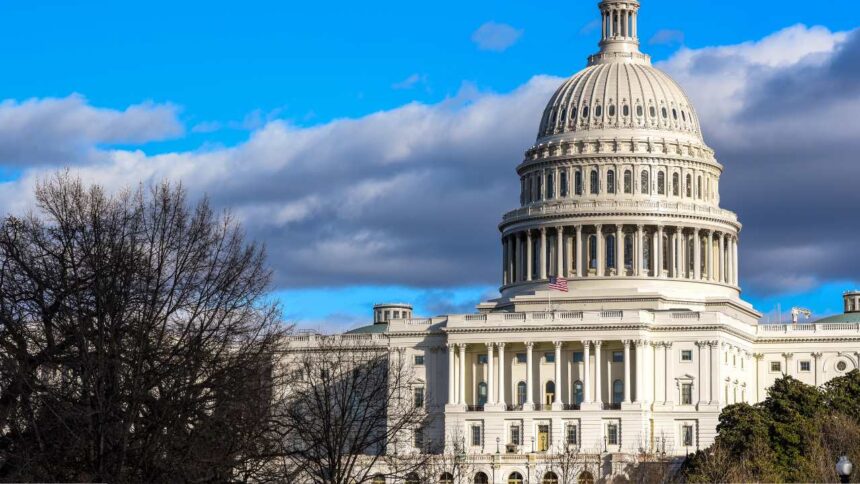(SQAUK) – As the world experiences a new era in geopolitics, there is intense debate about the narrative of the “fall of the West” and the rise of powers like China, Russia, India, and Iran. Some analysts argue that the West, led by the United States, is declining due to outdated economic and political systems. In contrast, others see this as an oversimplification of a more complex global picture.
The West, especially the United States, has faced significant challenges. Economic crises, political polarization, and social issues have raised questions about the sustainability of its global leadership. However, to declare a fall is to ignore the resilience and adaptability that have long been hallmarks of Western democracies. The West’s capacity for innovation, strong institutions, and ability to reinvent itself in adversity remain potent counterarguments to any claims of an irreversible decline.
China’s rapid ascension is reshaping the global order, with initiatives like the Belt and Road Initiative and strategic partnerships like the 25-year cooperation agreement with Iran showcasing Beijing’s long-term vision for international influence. Despite economic challenges, Russia maintains its global presence through military interventions and energy politics. With its flourishing economy and strategic location, India plays a crucial role in the balance of power in Asia. Conversely, Iran is at the heart of regional power struggles, leveraging its geopolitical position and resources.
The narrative that frames this shift as the ‘fall of the West’ is rooted in a zero-sum international relations perspective. It assumes that the rise of one power must come at the expense of another. However, the reality will likely transition towards a multipolar world where multiple power centers coexist and compete. This competition does not necessarily mean a decline for the West but a redistribution of global influence.
The West is undoubtedly facing challenges, but it’s premature and exaggerated to say it’s falling. The rise of China, Russia, India, and Iran indicates a shift towards a more diverse global power structure rather than a simple transfer of supremacy. As countries navigate the complex waters of 21st-century geopolitics, the future will likely be defined by the rise of many nations rather than the fall of one. However, you never know—Rome comes to mind.



